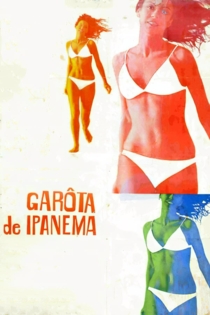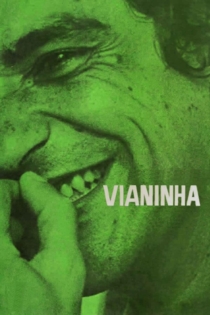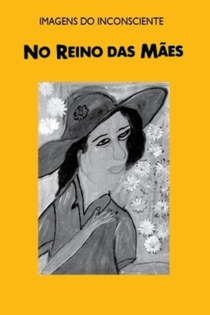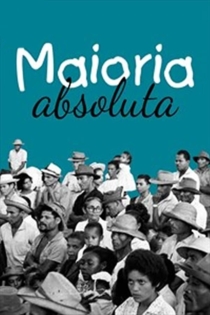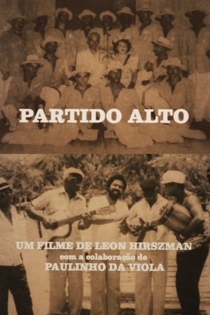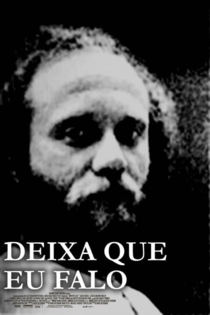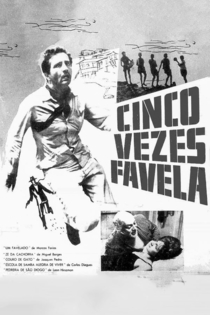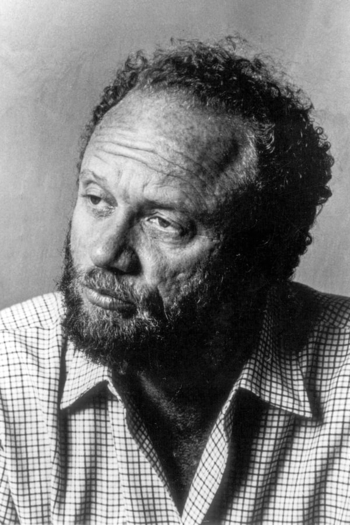
Leon Hirszman
1937 - 1987His first short film, "Pedreira de São Diogo", was one of the five segments of "Cinco Vezes Favela", an important film for New Cinema released in 1962. His first full-lenght motion picture was an adaptation of playwright Nelson Rodrigues' "A Falecida" (The Deceased). The film already spoke on a subject dear to Leon: the social alienation of the working class.
Working both with documentaries and fictional narratives, among Leon's body of work are the documentaries "Nelson Cavaquinho", "Megalópolis", "Ecologia" and "Sexta-feira da Paixão, Sábado de aleluia". In 1971, he releases "São Bernardo", a work of fiction based off Graciliano Ramos' eponymous book.
He was also responsible for films such as "Cantos do trabalho no campo", "Que País É Esse?", "Rio, carnaval da vida" and "ABC da Greve".
For his 1981 film "Eles Não Usam Black Tie" (They Don't Wear Black Tie), the 1981 Venice Film Festival gave him three awards — it was also nominated for the Golden Lion. The film was also nominated for the Great Prize Coral Negro on the 3rd Festival Internacional do Novo Cinema Latino-Americano; Great Prize on the Festival dos Três Continentes, and the Espiga de Ouro on Festival Internacional de Vallodolid. At last, it was also nominated for the Air France Prize in 1982. Leon Hirszman had an extremely important role on Brazilian cinema and left behind a great number of articles in which he proposes a number of reflections on the conditions for filmmaking in Brazil, its market and legislation, Embrafilme (then an Federal institution responsible for aiding filmmaking in Brazil), and politic cinema. Leon died from complications of HIV, after a year of treatment. He got the virus from a blood transfusion and left behind three children: Irma, Maria and João Pedro, and his spouse, Cláudia Fares Menhem.
Description above translated and adapted from the Portuguese edition of Wikipedia's article on Leon Hirszman, full list of contributors on Wikipedia.
Imagens do Inconsciente
Leon Hirszman
Fernando Diniz, Adelina Gomes
In hopes of unraveling the causes and cure for various forms of insanity, a psychiatrist in Brazil created the Museum of Images from the Unconscious in 1952. It gathered paintings and drawings made by mental patients from all over Brazil. Many of the works in the museum are paired with the case-histories of the patients who created them in this fascinating film.
Images of the Unconscious
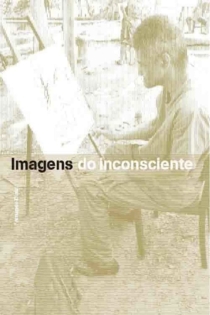
Eles não usam black-tie
Leon Hirszman
Carlos Alberto Riccelli, Gianfrancesco Guarnieri
Otavio is an idealistic union leader trying to organize workers at a factory to resist the company's exploitative practices. His son, Tião, one of the employees, is more of a realist and doesn't want to risk losing his job by striking. This clash of perspectives puts the father and son at odds. Fortunately, Tião's mother, Romana, is on hand to act as a moderator between the two opinionated men.
They Don't Wear Black Tie

ABC da Greve
Leon Hirszman
Luiz Inácio Lula da Silva, Vinicius de Moraes
ABC of a Strike captures the 1979 metal workers strikes outside of São Paulo. The footage sat untouched until after the death of highly-regarded director Leon Hirszman in 1987, by which time the material had a new relevance. The gripping film captures the negotiations between the labor unions and the factory bosses and shows the birth of the region’s Worker’s Party, as well as the emergence of its charismatic leader, Luiz Inácio Lula da Silva. Rising from extreme poverty, Lula gained national prominence as a union activist during the late 70s and early 80s. After being jailed during his time as a union leader, he eventually becomes Brazil’s president from 2003 to 2010.
ABC of a Strike
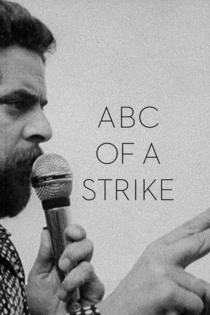
S. Bernardo
Leon Hirszman
Othon Bastos, Isabel Ribeiro
The story of Paulo Honório, a poor ploughman who becomes a rich farmer. Obsessed by his desire to get even richer, he doesn't pay much attention to his wife, Madalena, a teacher who reacts against his tyrannical ways.
S. Bernardo
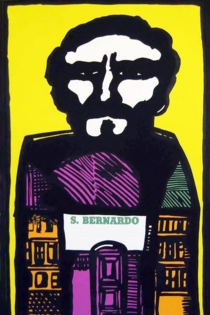
Nelson Cavaquinho
Leon Hirszman
Nelson Cavaquinho
A short film of lovely poetic, observational elements and interviews with the famed samba singer/songwriter Nelson Antônio da Silva, whose adopted last name ‘Cavaquinho’ refers to the small guitar-like instrument that he played and used to compose his songs.
Nelson Cavaquinho
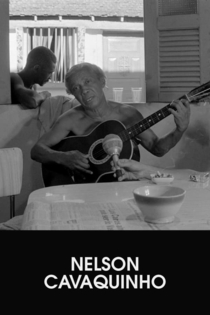
The Deceased
Leon Hirszman
Fernanda Montenegro, Paulo Gracindo
After visiting a fortune teller, Zulmira is informed that a blonde woman will threaten her peace. After talking to her husband Toninho, she suspects that her cousin Glorinha may be that blonde. In poor health, Zulmira makes all the preparations for the day of her death and asks her unemployed husband to deal with the costs of the coffin and funeral with a man named João Guimarães Pimentel. What Tom doesn't know is that Zulmira and this man hide some secrets that he could never imagine.
The Deceased
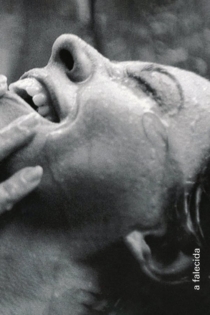
A Barca do Sol
Leon Hirszman
Ferreira Gullar, Vanda Lacerda
The episode dives into the mystical universe of Carlos Pertius, the son of a family of French immigrants, hospitalized at the age of 29. After facing personal problems such as the death of his father, one day he caught a glimpse of a cosmic image, which he named “the planetarium of God”. He was incarcerated at Praia Vermelha hospital, in Rio de Janeiro, and was diagnosed with schizophrenia. In 1946, he began to attend the studio created by Nise da Silveira, becoming fond of it as if it were his home. His works are marked by the presence of mandalas, signs of his attempts to organize psychic chaos.
Imagens do Inconsciente - A Barca do Sol
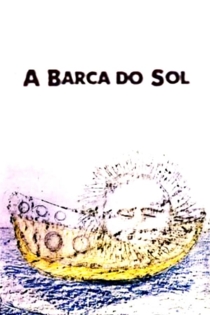
Improvisiert und zielbewusst: Cinema Novo
Joaquim Pedro de Andrade
Glauber Rocha, Arnaldo Jabor
Originally produced for German TV, Improvised and Purposeful is a firsthand look at the "Cinema Novo" movement (otherwise known as the 'Brazilian New Wave'). Director Joaquim Pedro de Andrade focuses on six Cinema Novo filmmakers working in Rio in 1967.
Improvised and Purposeful: Cinema Novo
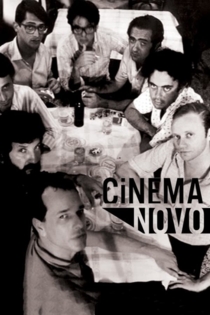
Cinema Novo
Eryk Rocha
Nelson Pereira dos Santos, Glauber Rocha
A deep investigation, in the way of a poetic essay, on one of the main Latin American movements in cinema, analyzed via the thoughts of its main authors, who invented, in the early 1960s, a new way of making movies in Brazil, with a political attitude, always near to people's problems, that combined art and revolution.
Cinema Novo
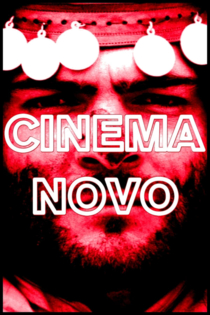
Garôta de Ipanema
Leon Hirszman
Márcia Rodrigues, Arduíno Colassanti
Chronicles the life of a 17 year-old girl living in the upper-class Rio de Janeiro neighbourhood of Ipanema. Márcia lives a life of parties and spend her days among bohemians, musicians and intellectuals. While seeming happy in the outside, she's extremely anguished inside. Based on the famous song by Antonio Carlos Jobim and Vinicius de Moraes.
The Girl from Ipanema
